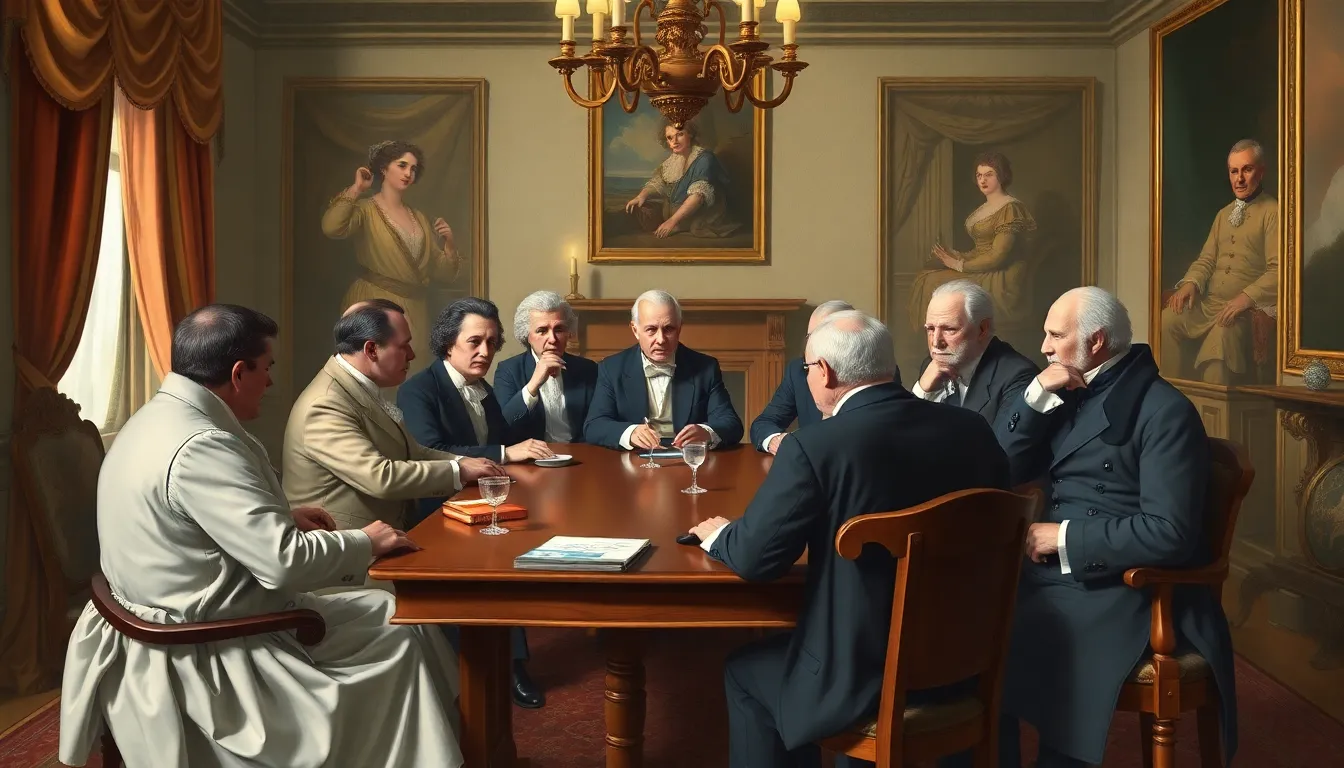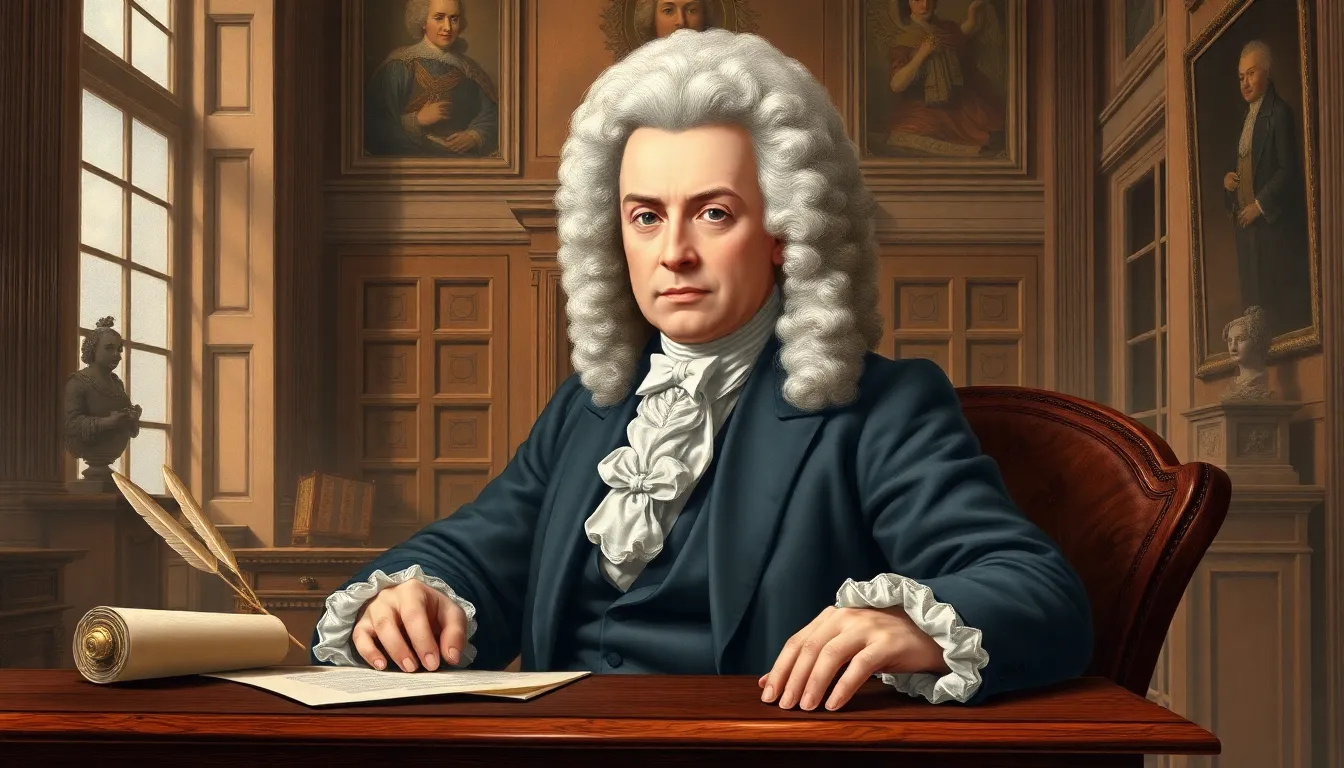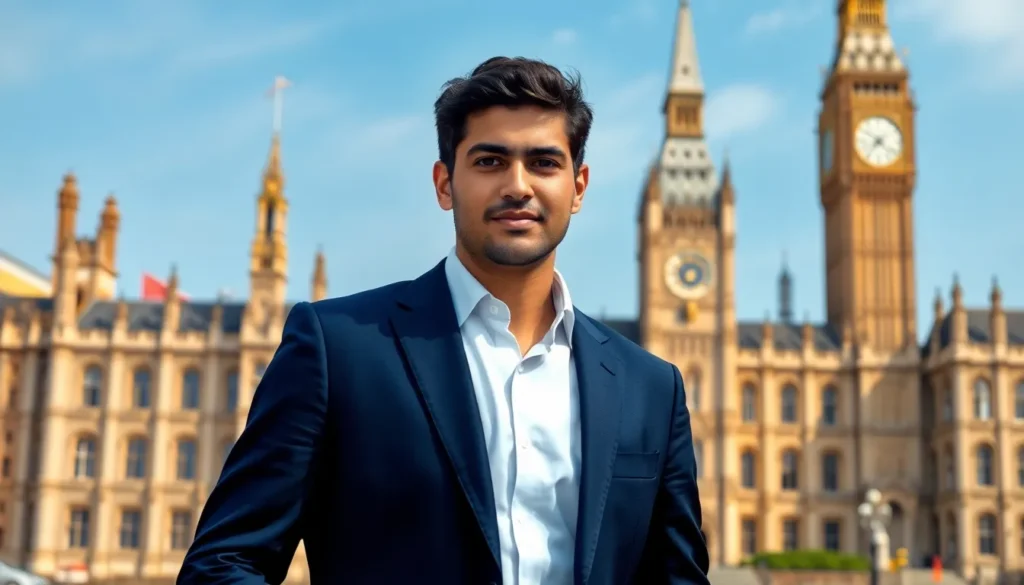Table of Contents
ToggleIn the grand theater of British politics, the Prime Minister takes center stage, juggling the nation’s hopes, dreams, and occasionally, a few scandalous headlines. This role isn’t just about wearing a fancy suit and sipping tea; it’s about steering the ship through stormy seas while keeping the crew (and the public) from mutiny.
Overview of the Prime Minister of Great Britain
The Prime Minister of Great Britain serves as the head of government, responsible for overseeing the operation of the government and the execution of law. In this role, the Prime Minister leads the executive branch, contributes to legislative processes, and represents the UK on the global stage.
Government management involves not only making crucial decisions but also strategizing on economic policies, education agendas, and healthcare initiatives. Maintaining a cohesive cabinet and effectively communicating with Parliament are essential aspects of the Prime Minister’s duties.
Elections for this prominent position occur every five years, though early elections can take place under specific conditions. The Prime Minister is typically the leader of the political party that secures the most seats in the House of Commons. Engaging with constituents and addressing their concerns forms a vital part of governing, as public opinion influences policy decisions.
International relations also fall under the Prime Minister’s purview. Negotiating trade agreements and collaborating with foreign leaders requires diplomatic skill and a keen understanding of global issues.
Each Prime Minister’s tenure is shaped by the political landscape, economic conditions, and social expectations. They face unique challenges, such as managing crises or responding to public dissent, while working to uphold the integrity of their office.
Ultimately, the Prime Minister embodies the hopes and aspirations of the British populace, navigating a complex web of priorities to promote the nation’s interests efficiently and effectively.
Historical Background


The role of the Prime Minister has deep historical roots in British politics. Understanding its evolution provides insight into the current responsibilities and influence of this position.
Early Prime Ministers
Sir Robert Walpole often gets recognized as the first Prime Minister of Great Britain, serving from 1721 to 1742. His leadership marked the beginning of the office’s significance in shaping government policy. Early Prime Ministers operated within the framework of the monarchy, advising the Crown while balancing the interests of Parliament. Lord North, who served from 1770 to 1782, encountered challenges during the American Revolutionary War, illustrating how conflict can affect leadership.
Evolution of the Role
Over the centuries, the Prime Minister’s role evolved alongside the political landscape. The Cabinet system gained prominence in the early 19th century, emphasizing collective decision-making. As democracy expanded, Prime Ministers increasingly gained authority, becoming central figures in both domestic and foreign policy. The Parliament Acts of 1911 and 1949 further empowered the Prime Minister by limiting the House of Lords’ influence. Public engagement has also transformed significantly, with modern leaders leveraging media to communicate with citizens directly. Through these transformations, the Prime Minister has adapted to changing societal expectations while remaining a pivotal figure in governance.
Current Prime Minister
Rishi Sunak serves as the current Prime Minister of Great Britain. He represents the Conservative Party and took office on October 25, 2022.
Background and Biography
Rishi Sunak was born on May 12, 1980, in Southampton, England. His parents immigrated from India in the 1960s, shaping his multicultural background. Sunak attended Oxford University, graduating with a degree in Philosophy, Politics, and Economics. He later earned an MBA from Stanford University. Entering politics, he became the Member of Parliament for Richmond in 2015. Prior to his prime ministerial role, Sunak held important positions, including Chancellor of the Exchequer from February 2020 to July 2022. His tenure in this role focused on managing the UK’s economic response to the COVID-19 pandemic.
Major Policies and Achievements
Sunak introduced several significant policies during his leadership. The furlough scheme, launched in 2020, provided critical financial support to businesses and employees affected by the pandemic. He also spearheaded initiatives aimed at boosting economic growth, including investments in green energy and technology. In 2022, Sunak announced a series of tax reforms intended to address the cost of living crisis, including cutting VAT on energy-saving materials. His administration emphasizes bolstering the United Kingdom’s international trade relationships, strengthening partnerships with various nations. Promoting education and skills development remains central to his agenda.
Challenges Faced
The Prime Minister of Great Britain encounters several significant challenges that require effective management and strategic thinking.
Domestic Issues
Domestic issues present a constant challenge for the Prime Minister. Brexit’s impact continues to reshape the political landscape; navigating trade agreements and consumer regulations remains vital. The cost of living crisis affects households nationwide; addressing inflation and rising energy prices demands immediate action. Public health also poses challenges; managing Scotland, Wales, and Northern Ireland’s healthcare systems requires a delicate balance. Education reforms are crucial; improving school funding and addressing regional disparities matters to parents. Increasing housing affordability is essential; many seek solutions to complex market dynamics. Each of these issues compels the Prime Minister to advocate for comprehensive policies that resonate with citizens’ needs.
International Relations
International relations stand as another significant challenge for the Prime Minister. Maintaining strong partnerships with European and global allies is pivotal, especially post-Brexit. Trade negotiations require balancing national interests with international obligations. The geopolitical climate necessitates attention; tensions in Eastern Europe and Asia require strategic diplomacy. Climate change remains a pressing issue; collaborating with foreign leaders on sustainability initiatives is essential for future prosperity. Additionally, immigration policies factor heavily into discussions; addressing concerns while promoting diversity strengthens the nation. Each international commitment reflects the Prime Minister’s ability to navigate complex scenarios that shape Britain’s position on the world stage.
The Future of the Prime Ministership
The future of the Prime Ministership in Great Britain involves navigating complex political landscapes. Rishi Sunak’s current tenure illustrates the interplay of domestic challenges and international relations. Addressing economic issues remains a priority, particularly with ongoing inflation and the aftereffects of Brexit. Investment in green energy and technology appears crucial for economic growth and job creation.
Public health management continues to demand attention, especially in the wake of the COVID-19 pandemic. Education reforms play a significant role as well; the government seeks to enhance skills development and adapt to workforce demands. Housing affordability poses another pressing issue, with many constituents struggling to secure suitable accommodations.
Internationally, Britain’s status in the global economy hinges on maintaining strong partnerships. Trade negotiations with various countries will likely shape future economic prospects. Climate change initiatives require collaborative approaches, emphasizing the importance of international cooperation.
Evolving societal expectations will influence the Prime Minister’s priorities. Engaging with constituents through media platforms has emerged as a vital strategy. Transparent communication skills enhance public trust and foster a connection with citizens.
Every Prime Minister faces unique challenges. Addressing public dissent effectively contributes to a stable political environment. Future leaders must balance governmental stability with responsiveness to changing public sentiment. Adapting to these dynamics will define the role of the Prime Minister as it continues to evolve in the 21st century.







